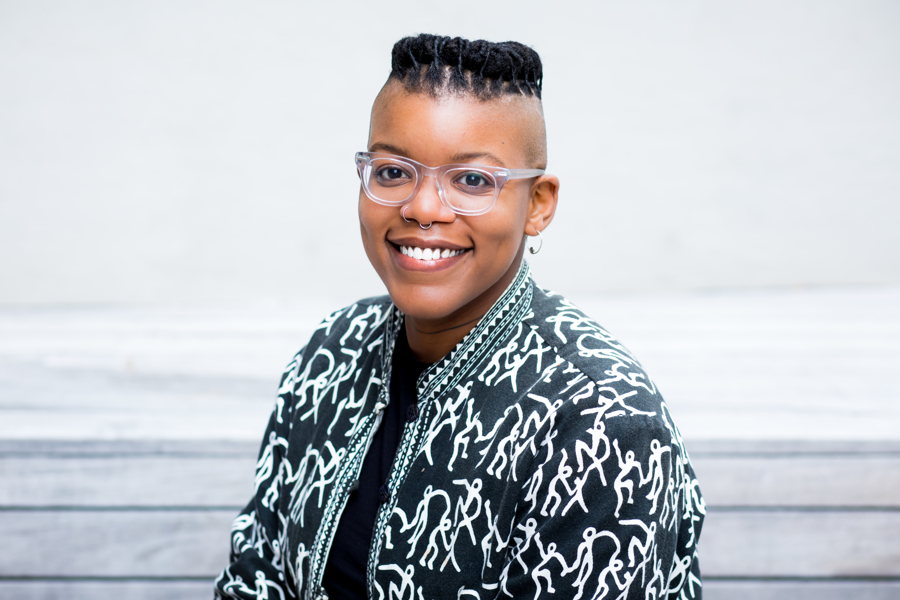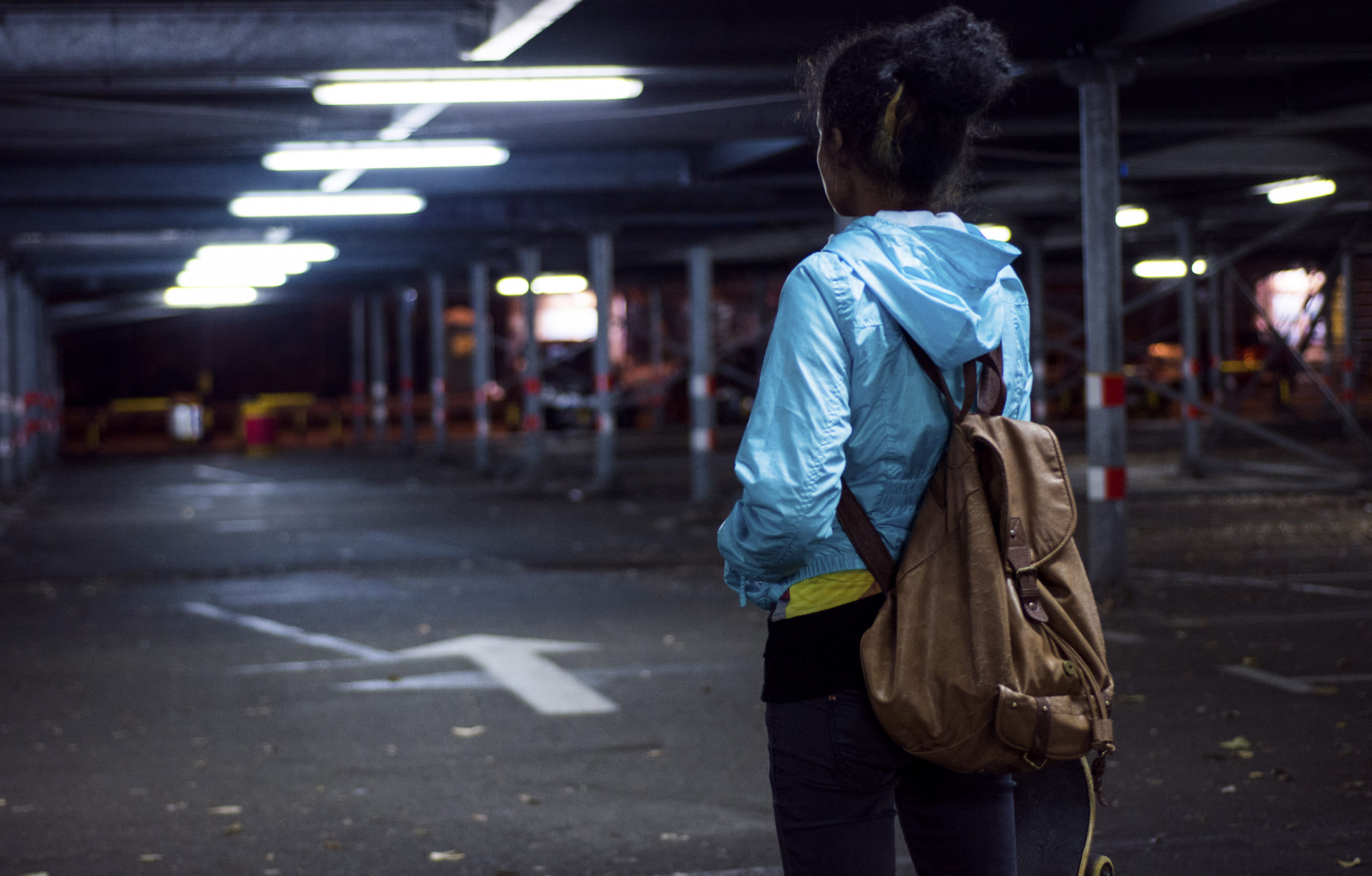Abortion rights, women of color, and LGBTQI+ people are under attack. Pledge to join us in fighting for gender justice.
Happy Belated Birthday, Brittney Griner

The United States government has promised us—unequivocally and in writing—that:
“All naturalized citizens of the United States while in foreign countries are entitled to and shall receive from this Government the same protection of persons and property which is accorded to native-born citizens.”
Well, Black women aren’t protected at home. So, it makes sense that they receive the same utter lack of protection abroad.
Brittney Griner—one of the W.N.B.A.’s best players and a Black woman who identifies as a lesbian—has been detained in a Russian prison since February. October 18 is her birthday, meaning she just turned thirty-two behind bars.
Griner’s appeal is fast approaching. If she loses, she will be trapped in Russia for another nine years. And yet, our government has made no move to protect or release her.
This is unacceptable. It is also consistent with how Black women like Griner are treated right here at home.
Griner is being detained for allegedly carrying vape cartridges with traces—a mere 0.7 grams— of cannabis oil into Russia. The White House proclaimed: “Russia is wrongfully detaining Brittney,” and we agree. But we also point to the millions of Black people who have been wrongfully detained in the United States for having small amounts of marijuana—facing even harsher prison sentences than in Russia.
We point to Allen Russell, a 38-year-old Black man who is serving a life sentence for marijuana possession. We point to Sha’Carri Richardson, another Black femme athlete who was over-punished for using cannabis, while Russian figure skater Kamila Valieva was allowed to compete, despite testing positive for performance-enhancing drugs. And finally, we point to the fact that, despite nearly equal usage rates, Black people are 3.73 times more likely than white people to be arrested for marijuana.
Why is weed cool and trendy for “non-assuming” white people… but for Black people it means you’re a criminal who deserves to be imprisoned?
Oh, that’s right: AntiBlackness.
Russia’s drug laws have parallels to U.S. drug policy, which heavily stigmatizes and punishes people of color. This isn’t a new concept. The United States’ decades-long “War on Drugs” continues to target and punish Black, Indigenous, and people of color (BIPOC) with gross prison sentences—leaning heavily on racist origins dating back to “reefer madness” days.
There is some hope. On October 6, the Biden administration announced “a pardon of all prior federal offenses of simple possession of marijuana.” This is a great step towards decriminalizing cannabis and stopping racist drug laws. But we need more.
Because most cannabis convictions happen on the state and local level, which means that the majority of simple possession cases won’t be pardoned, leaving thousands of people behind bars.
Our government is also leaving Brittney Griner behind—and our media outlets are overlooking her, too.
Former U.S. Marine Trevor Reed was released from his unjust detention in Russia earlier this year. And in his own words, he owes that release to the “U.S. news media for covering” his case…
… The same news media that has a longstanding history of ignoring Black women, including Brittney Griner.
But Black activists have not given up the fight. In anticipation of her upcoming appeal, the #WeAreBG campaign, #WinWithBlackWomen, and Black Feminist Future organizations are leading a Week of Action to #BringBrittneyGrinerHome.
Because Black women know that, without their advocacy, the media will stop talking about Brittney, and the government will never bring her home. They know that AntiBlackness jumps borders, infiltrates languages, and seeps into our global public consciousness. It’s the silent assassin that haunts us everywhere. Ready to strike at any time and when you least expect it.
Walking.
Shopping.
Driving.
Running.
Smiling.
Laughing.
Existing.
Working.
#FreeBrittneyGriner






